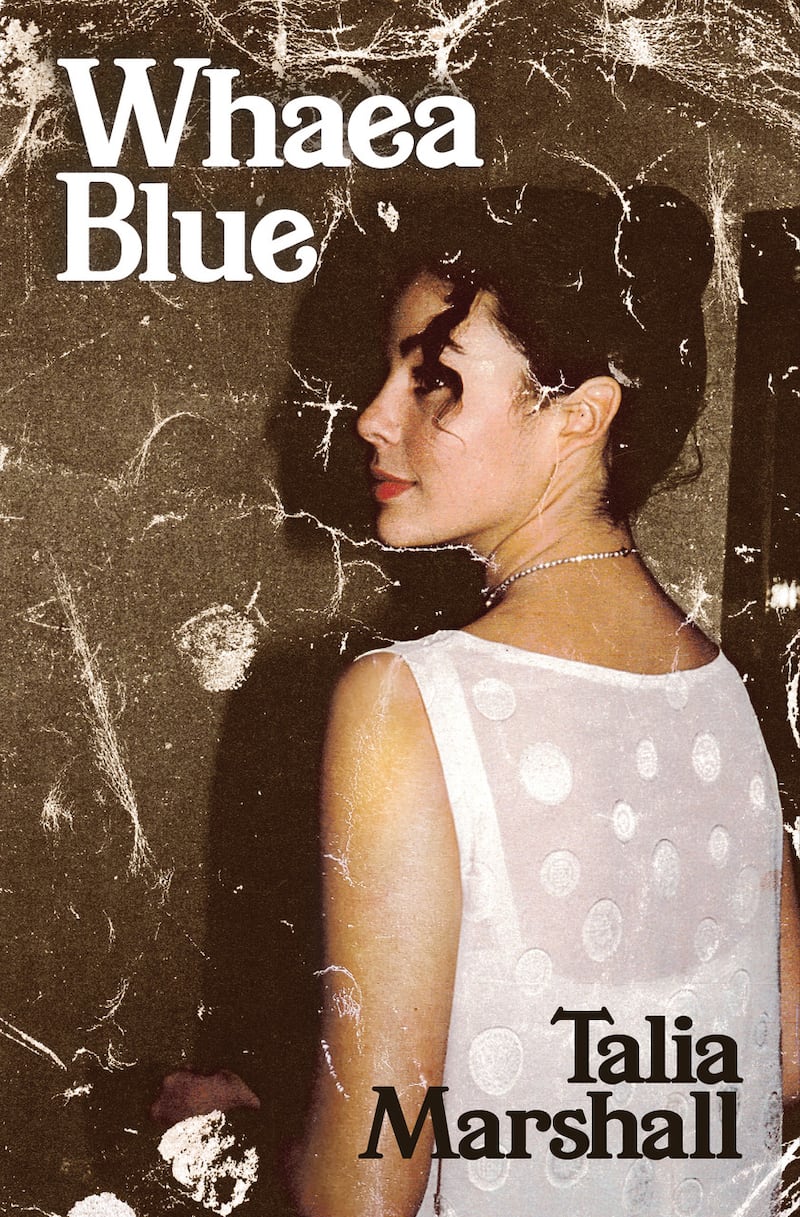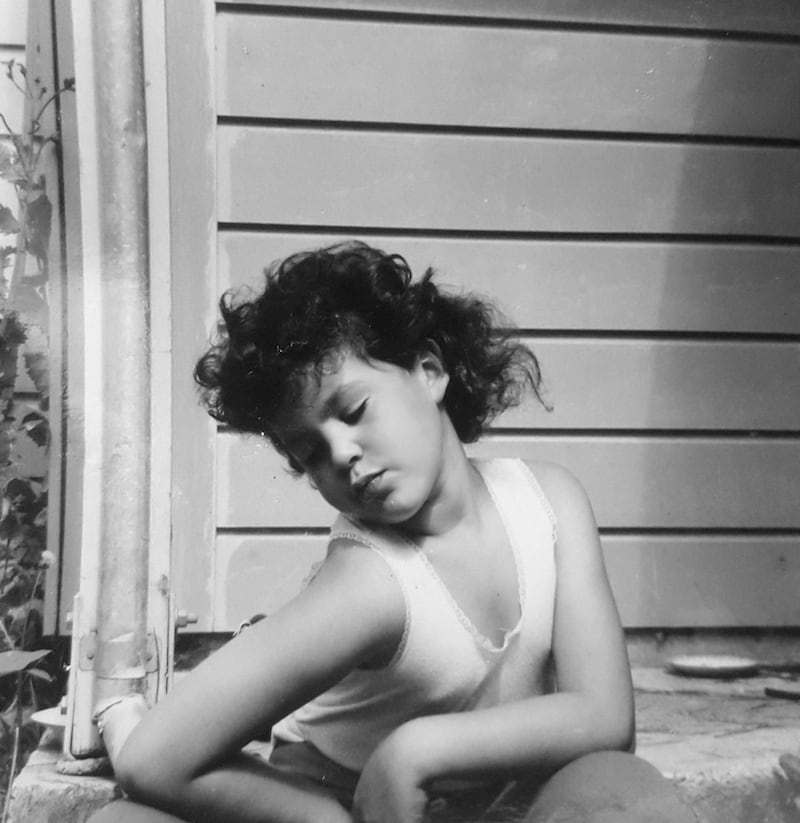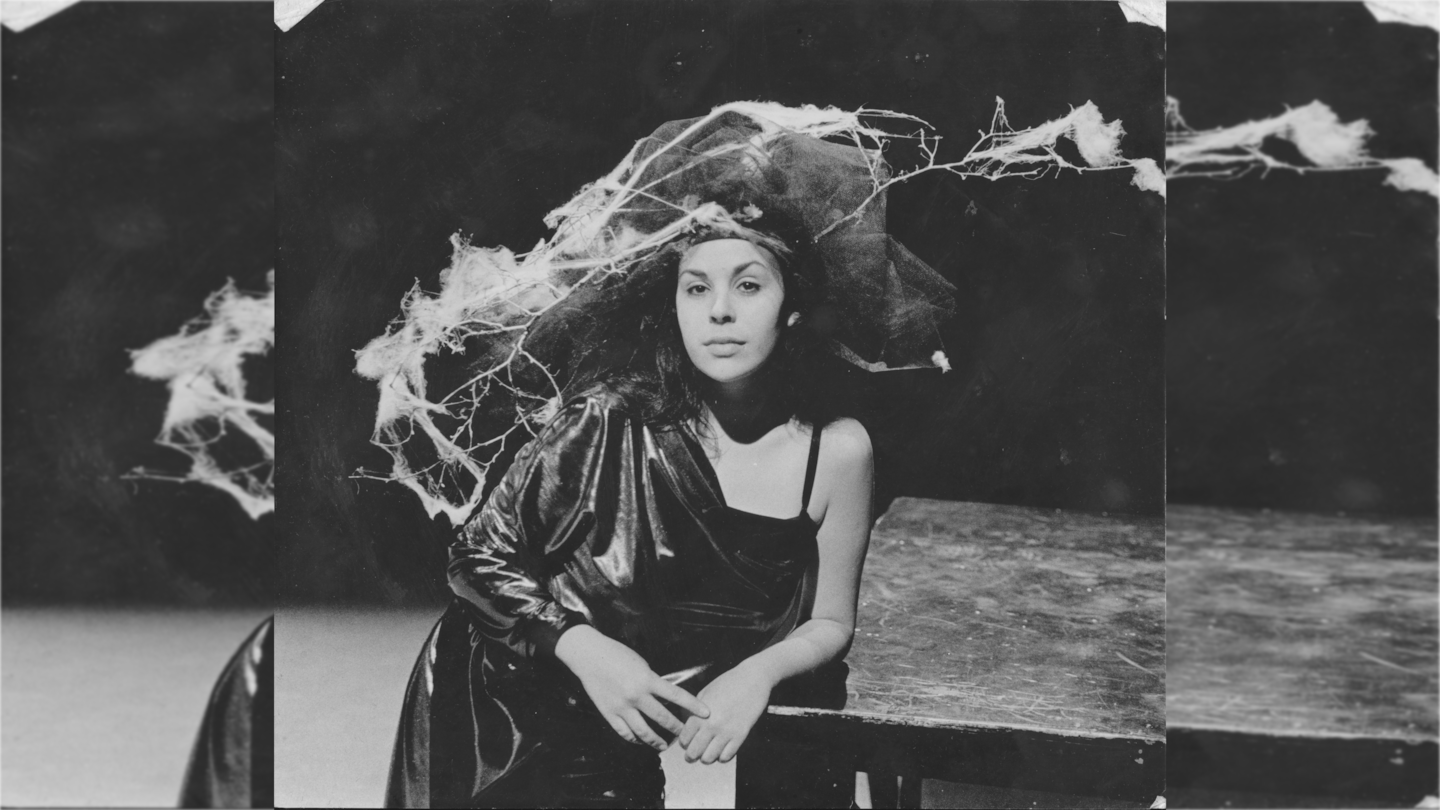Talia Marshall has described her novel Whaea Blue as a “monstrous hybrid”, which you’ll be able to read next week when the book launches on August 8.
The book is guided by whakapapa and takes the reader around Aotearoa.
Talia Marshall (Ngāti Kuia, Ngāti Rārua, Rangitāne ō Wairau, Ngāti Takihiku) said in writing this book, she wanted to stop writing essays and to dabble in genres, and figure out the kind of writer she was.
She said in the end figuring that out was lifelong.
Marshall said she went through a “self-indulgent” grief period about not being known as a poet first as poetry was her first love, and she had written poetry since she was a child.
An Ōtepoti resident, Marshall has written stories, essays, and poems for Takahē, The Spinoff, Pantograph Punch, North & South magazine and the Otago Daily Times. She has also written many tribute essays for Newsroom.
In 2020 Marshall was the inaugural Emerging Māori Writer in Residence for the International Institute of Modern Letters, Victoria University of Wellington.

What’s your writing process?
“I have no process ... I just write.”
However, the content of the novel changed.
“The day I signed my contract, I found out my ex had died, the particularly abusive one, and that changed what I was able to write.”
Initially, she was barely going to touch on him in the book but, afterwards, it became the propulsive force in the book, “apart from the feeling of being haunted”.
It’s the reason I went into my whakapapa. I ended up tying it to that because I didn’t get to be a widow and I felt really amputated from any grief, so I walked backwards through my tipuna... when I could get to the women.”
She said she walked backwards and found tipuna who were widows.
And she wrote 50,000 words in a month.
I had stopped believing in straight love so I found their quest for love boring and something I could no longer validate by encouraging it - from Whaea Blue by Talia Marshall
Te Ao Māori News asked Marshall where she stood with romance now, given the influence the death of the ex had on the book, and the presence of boyfriends.
“It may be hormonal because I’m getting on but to go from an abusive alcoholic to a lost meth head to another pile of useless... I’m immune to romance.”
“I never want another man in my life, [they] just get in the way of what I really love, which is my dog and my son and words.”
Marshall said she found it hard to fake interest in people’s love lives and was no longer romantically inclined.
“Once you’ve found yourself and you don’t need anyone else, it’s very liberating.”
Te Rauparaha and the musket wars
In the novel Marshall discusses the decimation of her people under the leadership of Te Rauparaha during the musket wars.
We asked why she wanted to write about this and whether it was challenging. She said after her Pākehā grandfather died she experienced a whakapapa compulsion.
Marshall’s grandfather was a genealogist who had an affinity with Māori due to being in the Mormon church, where there were many Māori whom she said basically “got the Mormon church off the ground in New Zealand”.
She said her people were murdered en masse because of the technology of the muskets and they were turned into slaves and shrunken heads sold to Pākehā, and she felt a compulsion to write about it.

Girlhood and friendship
In the novel Marshall challenges societal norms, refers to herself as “difficult”, “too high-maintenance to be treated casually” and how she loves the colour pink and doesn’t care about “the gender neutrality of Lego”.
She said she was “quite thwarted” in her girlhood, raised by radical lesbians.
She spoke about the “lesbian coven” her mother was part of after leaving the Mormon Church and she reminisced over the tutu they got from a ballet sale that sh wouldn’t take off.
“A lot of us from that generation were a test case for undoing gender.
“That’s part of the reason I loved going to Dunedin so much, because the girlness was girly and equally celebrated but differently down with my grandparents.
“I just love being a girl and that really got to flourish for me in the friendships I developed with the girls I write about... that we’re still friends 30 years later.
“To me, that’s feminism, to have these sustaining friendships.”
The friends she names, except for one who is in Australia, will be at her book launch next week.
The book launch will be launched at Meow in Wellington on August 8 at 6pm.
You can pre-order Whaea Blue here.



